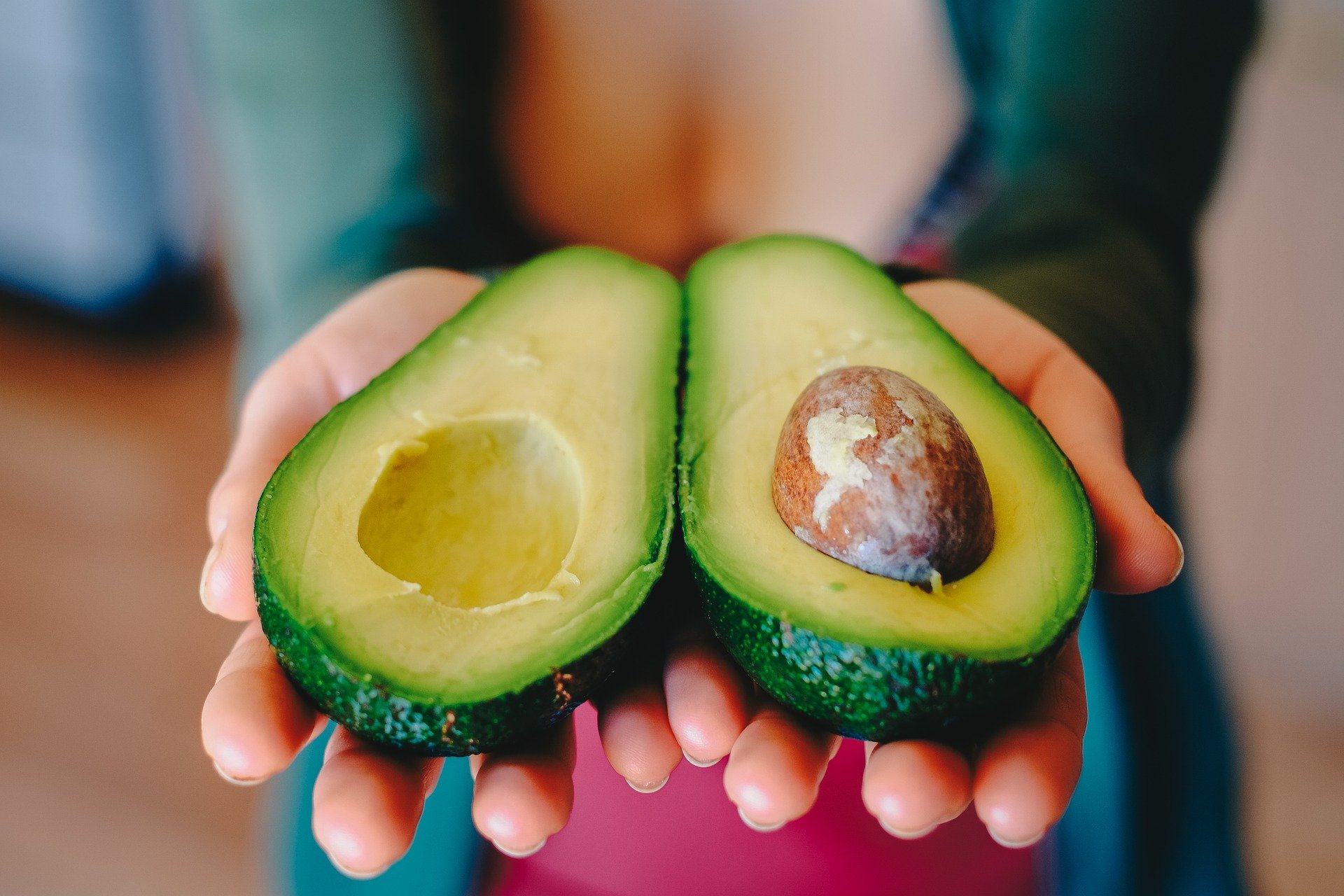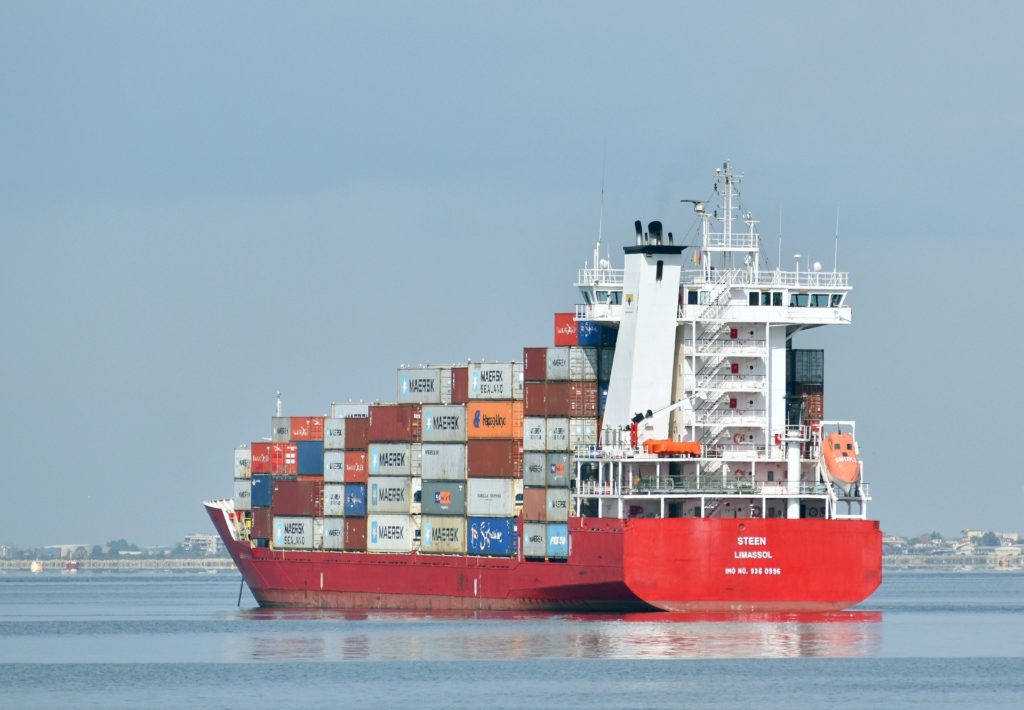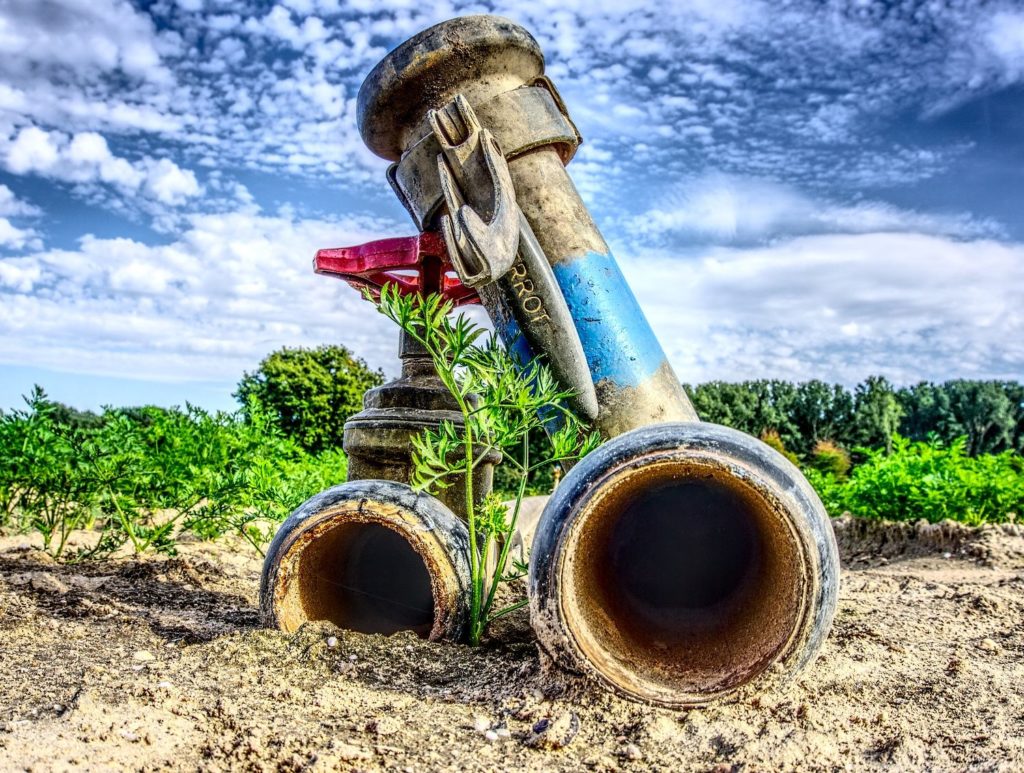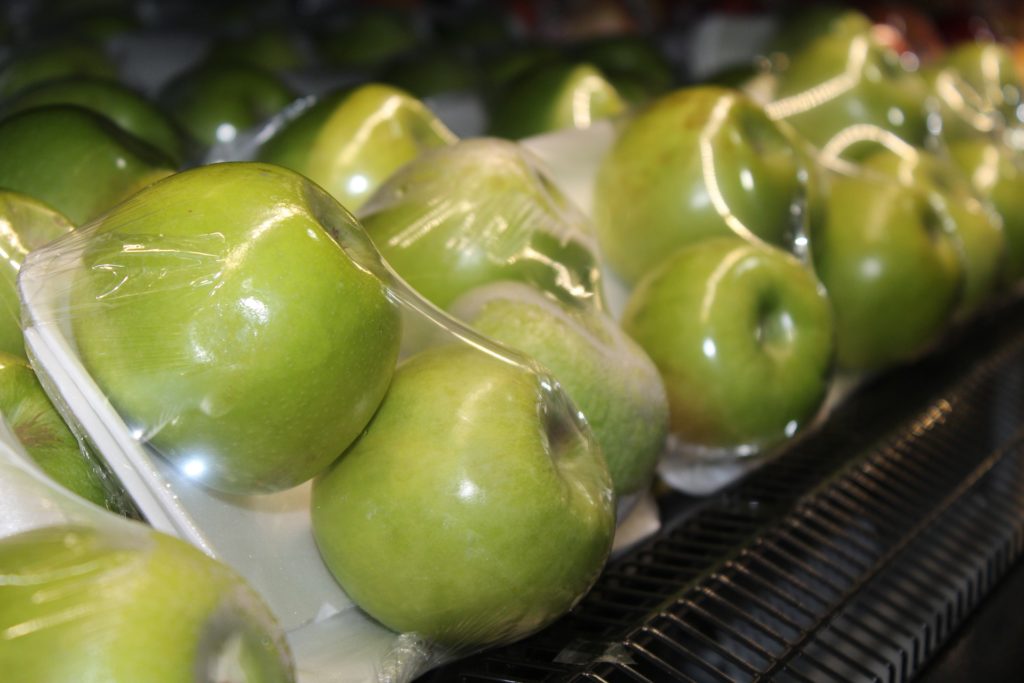
Avocados: The Hidden Impact of our No.1 Super Food
In recent years, avocados have become synonymous with millennial culture and are seen as a green and fun option for meals. All over Instagram, we see images of this delicious food served in all manners, and in shops we see a variety of avocado designed memorabilia. However, the influence of the aesthetic avocado is far more deep and complex than people may first realise.
A Brief History of the Avocado
The origin of the fruit stems from Central and South America; it is a staple food of this expansive region. For over 3,000 years, local people have relied on these oddly shaped, richly deep in colour fruits of the forest for nutrition. They have high levels of oleic acid (a monounsaturated fat), making them beneficial for individuals whose diets are not high in animal fats. Indigenous tribes across the Americas learnt to cultivate the trees successfully and the fruit increasingly took on an important cultural role within their communities.
These days, avocados can be grown all over the world. However, the trees which spawn the fruit from their branches require a certain degree of humidity, with cold temperatures creating a hazardous environment for growth. Despite the fact that they can be grown across the world, the primary global producers remain in Central and South America, in part due to the topographical specificity of growing the fruit. But what sort of impact are the hipster cafe’s food of choice having on the environment?
Environmental Impacts of Avocados
Carbon Footprint
Mexico is the largest producer with demand quickly increasing for the fruit. More and more plantations are being built and the global avocado industry is estimated to be worth $5.6 billion annually. This increasingly international trade comes with a significant carbon footprint. Carbon Footprint Ltd estimates, two small avocados in a packet has a CO2 footprint of 846.36 grams (almost twice the amount of a kilo of bananas).
Due to their production mainly in Central and South America, the fruit travels long distances in order to reach consumers in the Global North. A Mexican avocado would have to travel 5555 miles to reach the UK. Given the distances, fruit is picked before it’s ripe and shipped in temperature-controlled storage, which is energy intensive.






